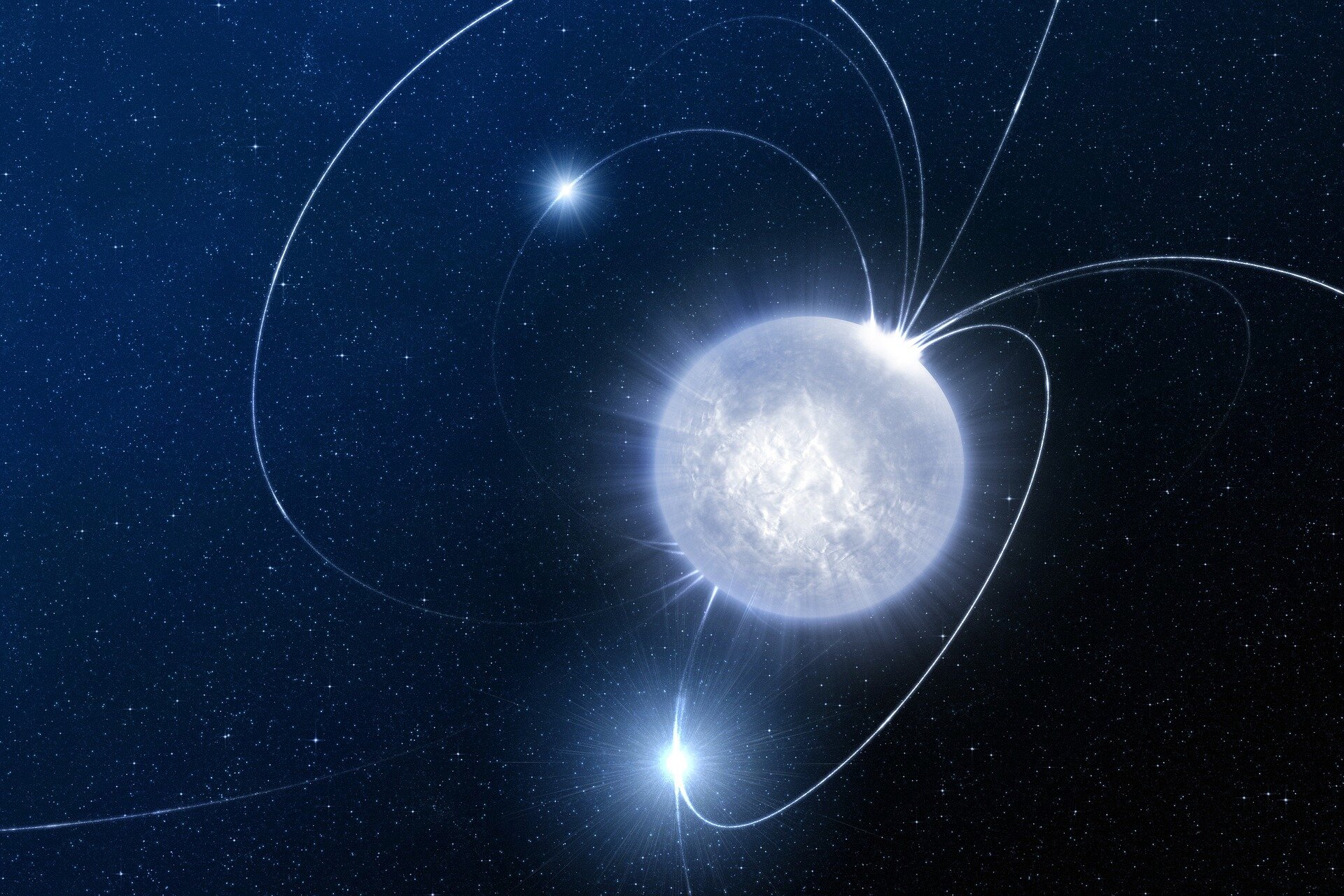Neutron stars, black hole vacuums?
Published by Adrien,
Source: Journal of Cosmology and Astroparticle Physics
Other Languages: FR, DE, ES, PT
Source: Journal of Cosmology and Astroparticle Physics
Other Languages: FR, DE, ES, PT
Follow us on Google News (click on ☆)
Physicists from the ARC Centre of Excellence for Dark Matter Particle Physics, led by the University of Melbourne, have made a significant breakthrough in the quest to understand dark matter, the mysterious element that constitutes 85% of the matter in our Universe. In a paper published in the Journal of Cosmology and Astroparticle Physics, they explain that neutron stars, these dense remnants of collapsed massive stars, could play a crucial role in detecting dark matter.

Credit: Pixabay/Public Domain
Contrary to previous expectations, the research shows that the collision and annihilation of dark matter particles inside neutron stars can rapidly transfer energy to them, heating them up within just a few days. This phenomenon contradicts the earlier idea that energy transfer could take an eternity, sometimes even longer than the age of the Universe itself.
These stars are extremely dense, so much so that dark matter, which interacts weakly with ordinary matter, is more likely to accumulate there. The researchers believe this could lead to sufficient accumulation to notably warm up an old and cold neutron star, making it detectable by future instruments, or even causing it to collapse into a black hole.
Dark matter is difficult to study directly as it does not interact with light. Our telescopes cannot see it directly. Its existence is inferred from its gravitational influence on visible objects in the Universe. Earth-based dark matter detectors face significant technical challenges, making neutron stars potentially very useful natural detectors.
This research was conducted by an international team of experts, including Nicole Bell and Michael Virgato from the University of Melbourne, Giorgio Busoni from the Australian National University, and Sandra Robles from the Fermi National Accelerator Laboratory in the United States.